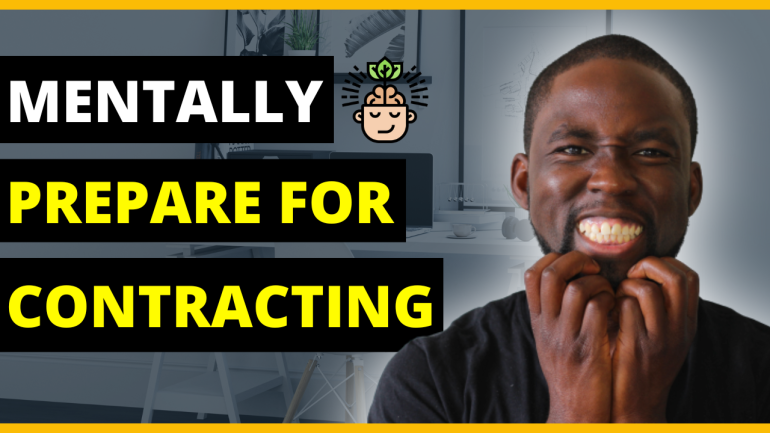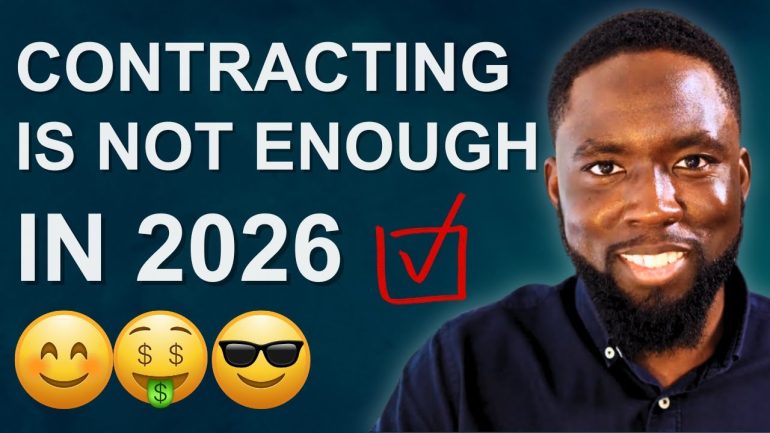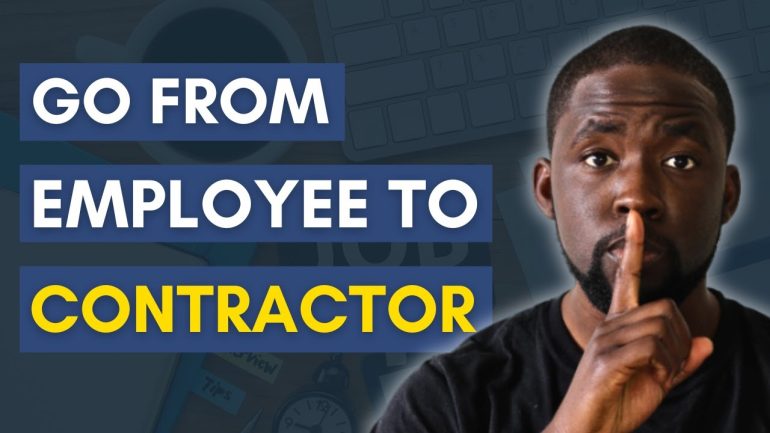Stop Renting Your Career: How to Build a Path You Actually Own
Ever felt like your career just “happens” to you? Like you’re grinding Monday to Friday, not for purpose or progression, but just to maintain the status quo? If that’s hit a nerve, stay with me. Because this is about the shift from renting your career… to owning it.
For years, I played by the rules. I worked for the NHS, worked my way up, got the promotions, but deep down, something didn’t sit right. It was like living in someone else’s house. Looked good on paper, but not mine.
Then it all came to a head.
1. Traditional Career Models Are Broken (For Most)
Let me be clear, I’m not anti-nine-to-five. I’m not anti-perm either. There are some good jobs out there. But let’s be honest, most people aren’t in them.
I was at NHS X, having moved from a secure post in NHS England. I thought it would be a step up. What I got instead was a toxic culture, undertrained managers, and a growing sense of being undervalued. I remember thinking, “I didn’t build all this expertise just to survive meetings and drown in politics.”
So I quit. No job lined up. Just belief, a coaching qualification I fought hard to complete, and £30,000 of paid-off debt reminding me I don’t do comfort zones anymore.
The game’s changed. By 2030, nearly 40% of the skills employers look for will be redundant. You can’t build your future on yesterday’s blueprint.
You should be the one steering, not some org chart or strategy doc. Not someone else’s P&L.
2. The Hidden Cost of Playing It Safe
Here’s what they don’t tell you about staying in a “safe” job: it costs more than it pays.
Most UK professionals earn £30–£37k a year. Meanwhile, portfolio careerists? Closer to £74k on average. That’s not just about money, it’s about autonomy. It’s about walking into a room and knowing your worth isn’t capped by someone else’s bandwidth or bias.
In my last role at the Department of Health and Social Care, I built systems that major consultancies like Deloitte and EY later adopted. I wasn’t just doing the job, I was rewriting the playbook. But you think that showed up in my payslip? Nope. I had to own that value outside the confines of the job.
Waiting for validation from a line manager who’s just trying to survive their own KPIs? That’s a high-interest loan on your potential.
And trust me, I’ve heard it from countless clients: “I should’ve left earlier.” Don’t let “what if” be your career’s final headline.
3. What Is a Portfolio Career (And Why You Need One)
After quitting NHS X, I stumbled into contracting. Didn’t know the game. Messed up my first interview. But I learned fast. I landed a contract during the pandemic as Northwest Relationship Lead for community testing. I built processes that became the department’s gold standard.
That’s when it clicked: one income stream is too close to none.
A portfolio career is exactly that, a portfolio. Multiple income streams built from your skills, passions, and values. Maybe it’s a contract role and a course. A day job and board position. Coaching and consulting. It’s not about doing more, it’s about being intentional.
And when the market shifts? You don’t panic. You pivot.
Three core wins:
- Diversification: Multiple streams = multiple safety nets.
- Ownership: No begging for opportunities, you build them.
- Freedom: Your life, your design.
4. Understand. Reach. Expand.
This is the framework I built when I was just a teenager. It’s evolved, but the DNA’s still solid.
- Understand: Know yourself. I don’t mean the motivational-poster stuff. I mean, audit your skills, define your values, and understand market demand. In 2018, overwhelmed with debt and doubt, I did just that. And that self-awareness helped me rebuild, strategically.
- Reach: Once you know your value, share it. Reach out. Whether that’s pitching on LinkedIn, applying for contracts, or launching content. My YouTube channel? Started out of frustration. Now it’s a magnet for leads and credibility.
- Expand: Once you’re in motion, scale. Build partnerships, try new markets, create new offers. I’ve done this across coaching, speaking, and digital assets. Each phase built on the last.
You don’t do it once. You loop it. That’s how real growth works.
5. Building Your System: Tools, People, and Data
I’m a systems guy. Been a programme manager for multi-million-pound projects. I’ve seen what works, and it’s not vibes and guesswork.
Every week, I log what I’ve done in my contracts. Not for admin. For insight. I can plug it into ChatGPT and refine my CV, update my LinkedIn, or sharpen my pitch. Data tells your value story.
I use:
- Toggl for time tracking
- Notion for project and content planning
- Google Sheets to monitor income streams
Your career isn’t just your job. It’s a business unit. Treat it like one.
Ask people who know you: What problems do I solve? Use that to shape your message. Pattern recognition is power.
Final Thoughts: Own It or Regret It
The old system’s not evil, it’s just not built for where you want to go.
A portfolio career isn’t about jumping ship without a plan. It’s about making your plan the main plan. Alignment. Ownership. Intentionality.
So here’s what to do:
- Audit your life. Get real about your skills, your values, your direction.
- Design your career like a business. Because it is.
- Start diversifying, one income stream at a time.
And if you need guidance? You know where to find me.
Understand. Reach. Expand.
Peace.







